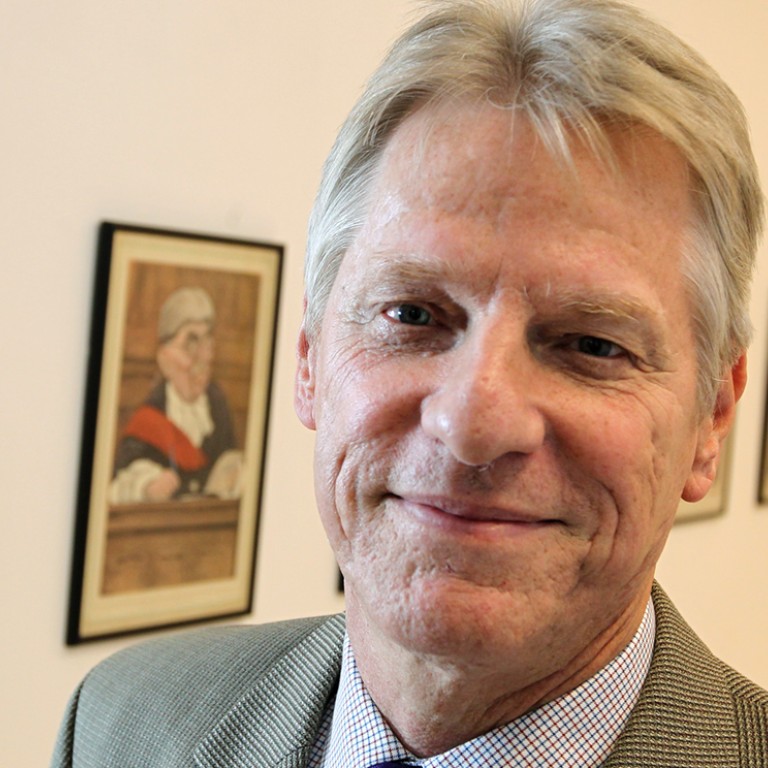
Real threat to rule of law lies in NPC's reform ruling
Disobedient civilians pale in comparison to blatant violation of guarantees in Basic Law
Hong Kong protesters have recently been under attack by prominent Beijing officials and the state media for allegedly violating the rule of law and for making democracy proposals that are said to violate the Basic Law.
At the same time, government representatives, in discussions with student protest leaders, have emphasised that any talks to resolve the demonstrations must be based on the Basic Law. The implication of this insistence is that the protest leaders oppose the city's mini-constitution.
Are these accusations and claims convincing? Or is it more apparent, as many protesters believe, that the central government has undermined both the rule of law and the Basic Law?
Might a better understanding of what is at risk lead the Hong Kong government to better defend the city's autonomy and rule of law?
The rule of law, in simple terms, adheres generally to the principles that no one is above the law and everyone is subject to the law applied in the ordinary manner.
It is especially concerned with how government rules. It raises concern that the government and political leaders be subject to the laws, be they made internally or from international treaty obligations.
The past summer began with a white paper from the State Council on "one country, two systems". The paper asserted aggressively that some people in Hong Kong had a "confused and lopsided" view of the Basic Law and emphasised the diminished importance of the Sino-British Joint Declaration signed in 1984, claiming all authority under the mini-constitution came from the central government.
The National People's Congress Standing Committee was credited in the paper with unlimited authority to interpret or amend the Basic Law. It was identified as the primary guardian of the rule of law.
Its characterisation of judges as administrators who must be patriots and guard national security met with objection from the Hong Kong Bar Association.
In its subsequent decision on universal suffrage, the NPC Standing Committee clearly exercised the unlimited authority the State Council had claimed in the white paper. The decision offered an interpretation of universal suffrage that only Beijing and its supporters would recognise.
With the vetting out of opposition candidates by a pro-Beijing nominating committee, the electoral model offered would just allow one person, one vote without any regard to the need for a fair and competitive election.
Clearly, this decision undermines both the rule of law and the Basic Law. Undermining the rule of law and breaking the law are two different things. Protesters engaged in civil disobedience may be breaking the law, but it is the governments at both levels that are undermining the rule of law.
The decision, in taking such liberty with critical language in the Basic Law in violation of the ordinary meaning of core terms in both the Basic Law and binding human rights treaties, leaves Hong Kong with no legal certainty. Core human rights values guaranteed in both the Joint Declaration and the Basic Law could simply be abandoned, leaving the rule of law in tatters.
Protesters violating the Public Order Ordinance as part of a civil disobedience campaign offer no such threat.

